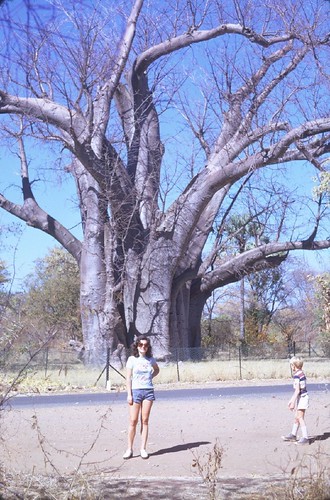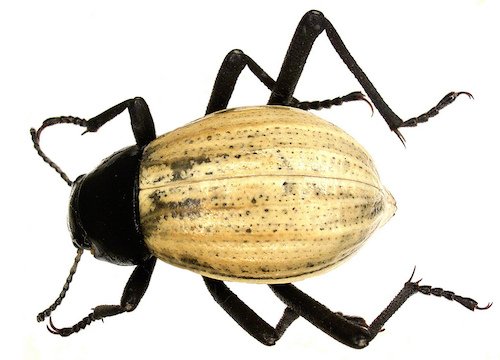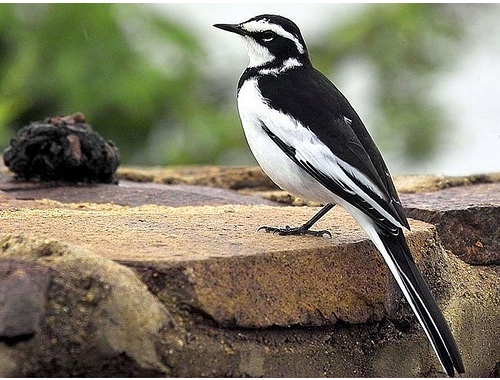Don’t Let’s Go to the Dogs Tonight is an autobiography about growing up in Rhodesia/Zimbabwe. It’s about growing up in a war — Fuller was only eleven at the time of independence — and about the last throes of white colonialism and a dying way of life.
Her parents had been living in Kenya, but after Mau Mau they moved to Rhodesia, where Ian Douglas Smith had declared that there would never be majority rule, and fought to keep at least one part of Africa under white rule. Then after Rhodesia became Zimbabwe, and their farm was taken by the new government, they moved first to Malawi and then to Zambia. It reminded me of travelling in Zimbabwe nearly twenty years ago, and meeting these white people from South Africa and Zimbabwe and Zambia who seemed to have a shared identity as white Africans that had no real connection with national borders. It’s not just whites in Africa who often have an ethnic identity which doesn’t fully coincide with their nationality, of course.

You don’t have to have any sympathy with the ideal of white rule in Africa to find something melancholy in a story of people being left stranded by the tide of history, their way of life disappearing around them, and this is rather a sad book; as well as the war and the politics, the family suffer more personal losses, with several children dying young and the mother turning more and more to alcohol. But there’s a lot of humour and colour along with the gloom.
She writes well. She has a good ear for dialogue, an eye for the absurd, and her portrayal of her parents’ attitudes to race (and indeed her own childhood attitudes) is unsparing but nuanced. She doesn’t whitewash anything but she’s not interested in demonising her family either.
Here’s a little fairly randomly chosen extract:
We stop at the SPCA in Umtali and collect a host of huge dogs, and then we collect dogs abandoned by civil-war fleeing farmers. These dogs are found tied to trees or staring hopefully down flat driveways, waiting for their nonreturning owners. their owners have gone in the middle of the night to South Africa, Australia, Canada, England. We call it the chicken run. Or we say they gapped it. But they gapped it without their pets.
One day Dad says to Mum, ‘Either I go, or some of those bloody dogs have to go.’
‘But they don’t have anywhere to go.’
Dad is in a rage. He aims a kick at a cluster of dogs, who cheerfully return his gesture with jump-up licking let’s-playfulness.
Mum says, ‘See? How sweet.’
‘I mean it, Nicola.’
So the dogs stay with us until untimely death does them part.
The life expectancy of a dog on our farm is not great. The dogs are killed by baboons, wild pigs, snakes, wire snares and each other. A few eat the poison blocks left out in the barns for rats. Or they eat cow shit on which dip for killing ticks has splattered and they dissolve in frothy-mouthed fits. They get tick fever and their hearts fail from the heat. More dogs come to take the place of those whose graves are wept-upon humps in the fields below the house.
We buy a 1967 mineproofed Land Rover, complete with siren, and call her Lucy. Lucy, for Luck.
‘Why do we have the bee-ba?’
‘To scare terrorists.’
But Mum and Dad don’t use the siren except to announce their arrival at parties.
I read Don’t Let’s Go to the Dogs Tonight as my book from Zimbabwe for the Read the World challenge. As it turns out, although Alexandra Fuller’s parents spent pretty much their whole lives in Africa and she was conceived in Rhodesia, she was born during about the only two year period when they were living in England… but I’m going to count it anyway.





